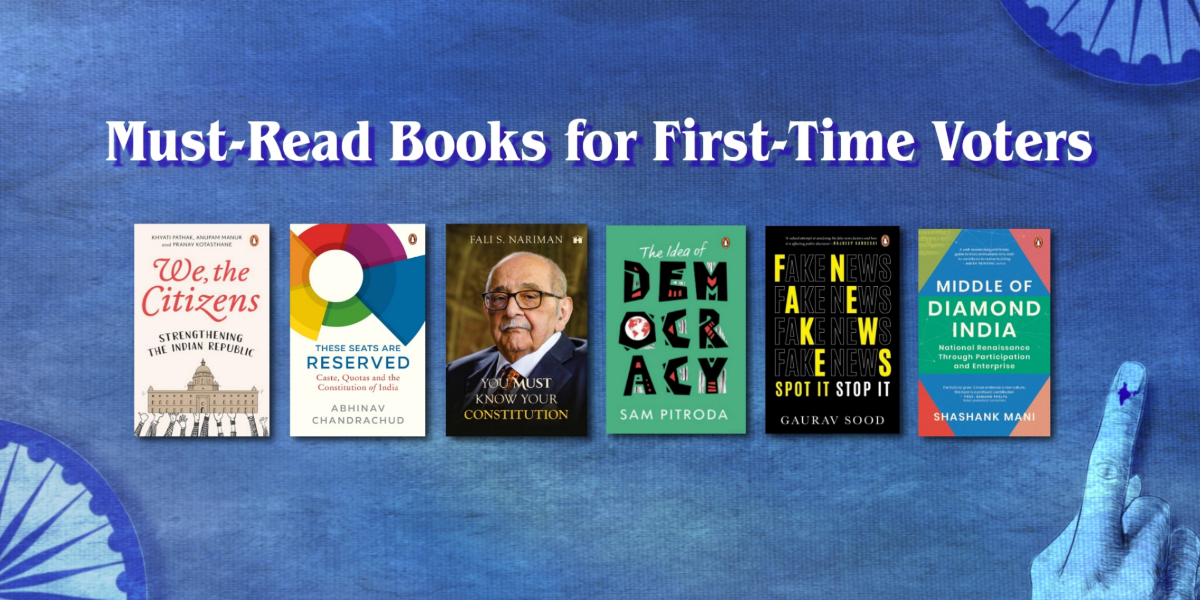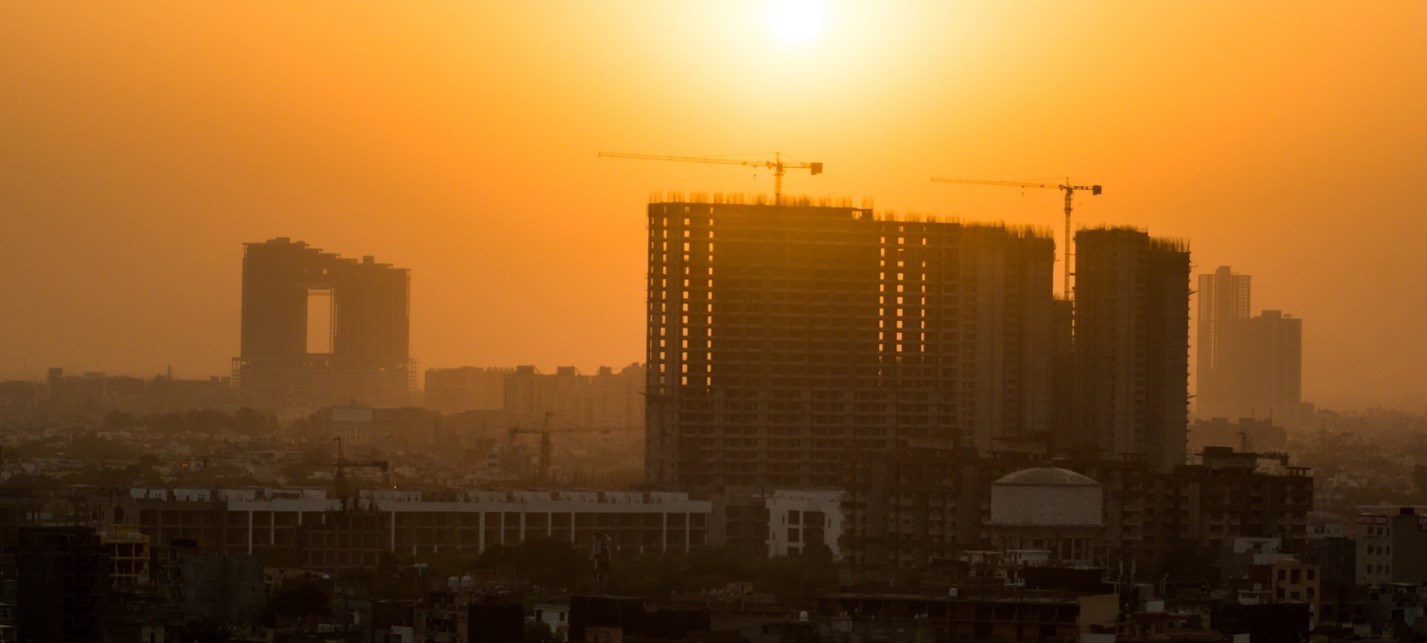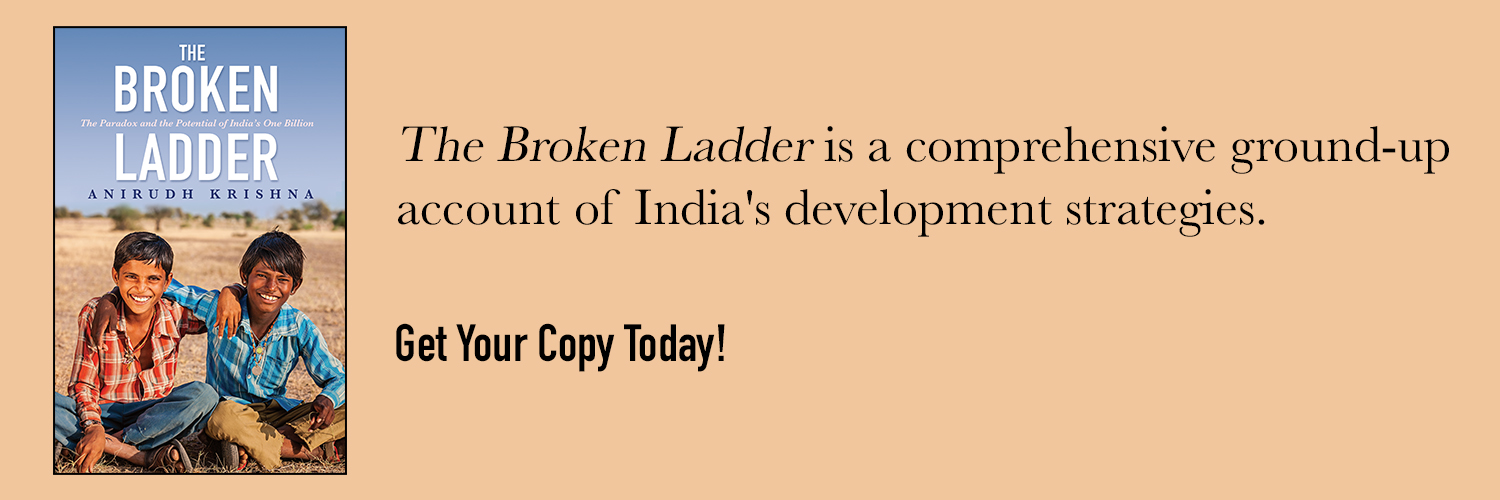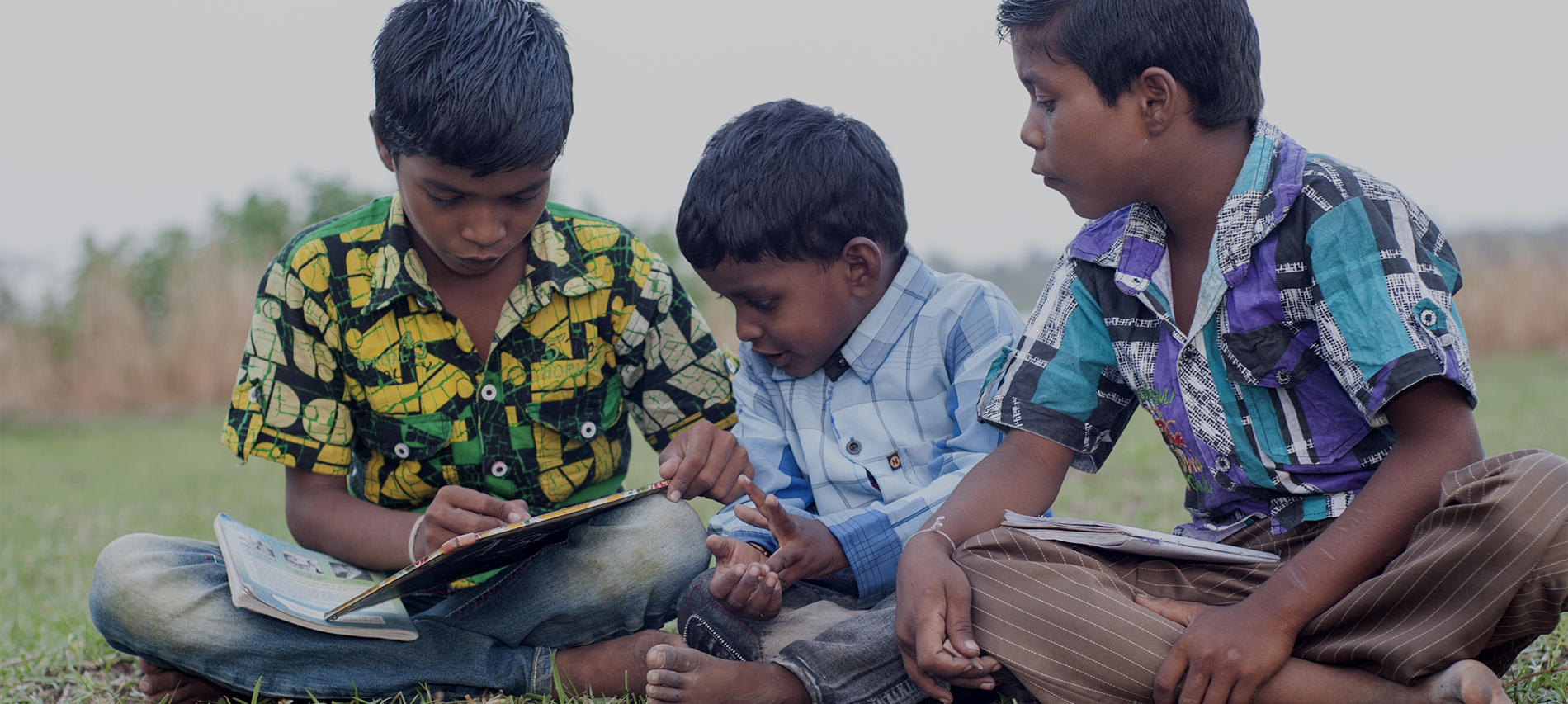Are you gearing up to cast your vote for the very first time? It’s an exciting milestone, marking your entry into civic duty and participation. But fear not! To assist you in this pivotal moment, we’ve curated a list of 12 must-read books spanning politics, history, and critical thinking, tailored to empower and inform you as you prepare for the 2024 election season.
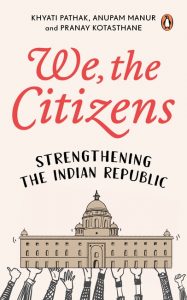
We, The Citizens, by Khyati Pathak, Anupam Manur and Pranay Kotasthane, decodes public policy in the Indian context in a graphical narrative format relatable to readers of all ages. If you want to be an engaged citizen, aspire to be a positive change-maker, or wish to understand our sociopolitical environment, this book is for you.
The idea of India was an audacious dream. The fulfilment of this dream lies upon We, the citizens.
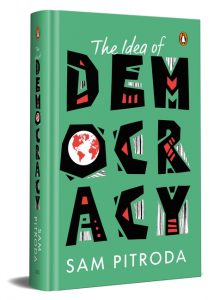
While electoral democracy continues to be the most prevalent form of government, a series of indicators measuring political and civic freedom reveal that the institution of democracy is in deep distress. With the liberal foundations of democracy shakier than ever before, confidence in institutions has plummeted. The Idea of Democracy looks at this paradox of so-called democratic success coupled with its liberal decline. It provides a detailed analysis of the essence of democracy, its workings, the kind of values it needs to encapsulate, forces and safeguards which work in liberal democracy’s favour and how they can be preserved.
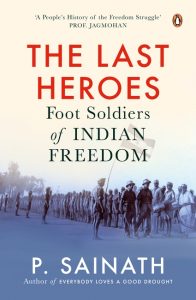
In The Last Heroes, these footsoldiers of Indian freedom tell us their stories. The men, women and children featured in this book are Adivasis, Dalits, OBCs, Brahmins, Muslims, Sikhs and Hindus. They hail from different regions, speak different languages and include atheists and believers, Leftists, Gandhians and Ambedkarites.
The people featured pose the intriguing question: What is freedom? They saw that as going beyond Independence. And almost all of them continued their fight for freedoms long after 1947.
The post-1947 generations need their stories.
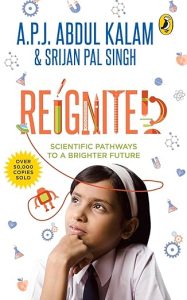
Join Dr A.P.J. Kalam on a fascinating quest to explore the realm of science and technology, its extraordinary achievements and its impact on our lives in the days to come.
Co-written with Srijan Pal Singh, this book features exciting and cutting-edge career paths in areas such as robotics, aeronautics, neurosciences, pathology, paleontology and material sciences . . . in other words, careers that are going to make a difference in the future. The result of extensive research, this book offers a plethora of ground-breaking ideas that will make youngsters think out of the box.
Filled with anecdotes, conversations, experiments and even inputs from leading scientists, Reignited is the perfect handbook that is bound to create a spark for science among students, youth and science enthusiasts.
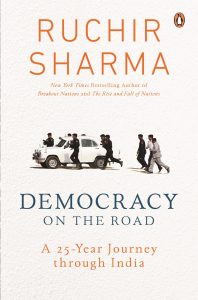
On the eve of a landmark general election, Ruchir Sharma offers an unrivalled portrait of how India and its democracy work, drawn from his two decades on the road chasing election campaigns across every major state, travelling the equivalent of a lap around the earth. Democracy on the Road takes readers on a rollicking ride with Ruchir and his merry band of fellow writers as they talk to farmers, shopkeepers and CEOs from Rajasthan to Tamil Nadu, and interview leaders from Narendra Modi to Rahul Gandhi.
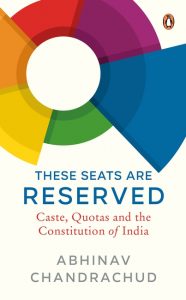
Reservation or affirmative action is a hugely controversial policy in India. While constitutionally mandated and with historians, political scientists and social activists convinced of its need, many resist it and consider it as compromising ‘merit’ and against the principle of equality of opportunity.
In These Seats Are Reserved, Abhinav traces the history and making of the reservation policy.
How were groups eligible for reservations identified and defined? How were the terms ‘depressed classes’ and ‘backward classes’ used in British India and how have they evolved into the constitutional concepts of ‘Scheduled Castes’, ‘Scheduled Tribes’, and ‘Other Backward Classes’ in the present day?
Deeply researched and ably narrated, this volume is a compelling addition to every thinking individual’s library.
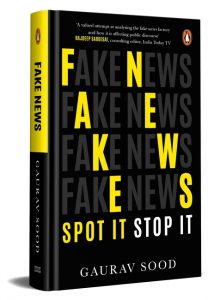
The news is a public good and needs to be handled with care and integrity. Even though lies and misinformation campaigns have been around for years—maybe since the dawn of journalism—the rate at which fake news is being spread these days is both alarming and preposterous. Almost every institution—public or private—uses fake news to further its own agenda. Governments and corporate houses spread fake news either through their own agencies or by influencing the popular media. In the business sector, fake news manifests itself in the form of exaggerated company returns and false data.
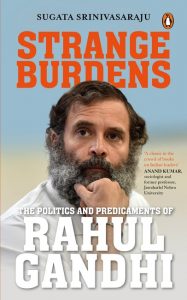
Strange Burdens is not a biography but a book of political commentary. It examines and analyses Rahul Gandhi’s ideas and leadership since he officially entered politics in March 2004. It journeys all the way to the conclusion of the Bharat Jodo Yatra in Srinagar on 30 January 2023 and captures the dilemmas of his disqualification a couple of months later.
The narrative here crawls across two decades with the intention of understanding Rahul Gandhi’s politics and predicaments, confusions and contradictions, triteness and triumph, as well as his burdens and benignity. It is not the purpose of this book to understand his failures and successes in tabular columns but speculate in the best traditions of political commentary why he is where he is, both politically and as an individual.
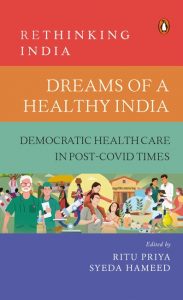
Dreams of a Healthy India, the ninth volume in the Rethinking India series, is an attempt to demystify the issues of health care and health systems for the general reader, and to simultaneously provoke rethinking on several critical dimensions through writings by policymakers and academics. Its introductory essay and the thirteen subsequent essays lay out the scenario as well as the challenges in this regard, and provide actionable solutions. These are solutions for the present times that can simultaneously contribute to sustainable health care for the future. Complex ideas are not made simplistic but are presented in simple language, with some illustrative case studies, vignettes and data that speak for themselves.
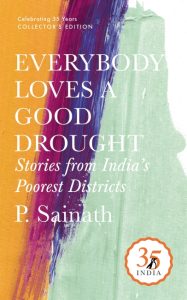
Acclaimed across the world, prescribed in over 100 universities and colleges, and included in part in The Century’s Greatest Reportage (Ordfront, 2000), alongside the works of Gabriel Garcia Marquez, Studs Terkel and John Reed, Everybody Loves a Good Drought is the established classic on rural poverty in India. Twenty years after publication, it remains unsurpassed in the scope and depth of reportage, providing an intimate view of the daily struggles of the poor and the efforts, often ludicrous, made to uplift them.
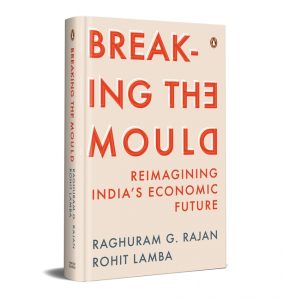
India is at a crossroads today. Its growth rate, while respectable relative to other large countries, is too low for the jobs our youth need. Intense competition in low-skilled manufacturing, increasing protectionism globally and growing automation make the situation still more difficult. Divisive majoritarianism does not help. India
broke away from the standard development path—from agriculture to low-skilled manufacturing, then high-skilled manufacturing and, finally, services—a long time back by leapfrogging the intermediate steps. Rather than attempting to revert to development paths that may not be feasible any more, we must embark on a truly Indian path.
In Breaking the Mould, the authors explain how we can accelerate economic development by investing in our people’s human capital, expanding opportunities in high-skilled services and manufacturing centred on innovative new products, and making India a ferment of ideas and creativity. India’s democratic traditions will support this path, helped further by governance reforms, including strengthening our democratic institutions and greater decentralization.
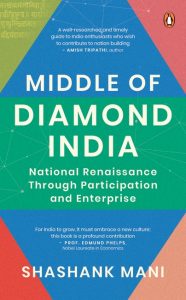
Middle of Diamond India proposes a revolutionary idea – that India has long ignored its largest and most talented segment, citizens in the Tier 2 and Tier 3 districts, its Middle.
The book reveals the hidden stories of those in its Middle who have been ignored owing to their location and language. By examining India’s revolutionary past, its culture, its citizens, its innovators, and its spirit, the book illuminates this Diamond shaped India.
Replete with characters, anecdotes, insights, research and accounts of an annual pilgrimage on a special train-Jagriti Yatra, and an enterprise ecosystem established in Deoria district, the book outlines a new vision of India focussed on its rising Middle. It proposes a Banyan Revolution over the coming twenty-five years of Amrit Kaal, using the tool of enterprise or Udyamita that can ignite a national renaissance.
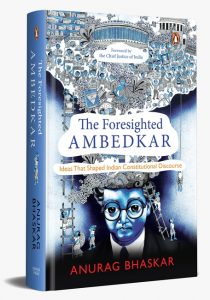
In The Foresighted Ambedkar, Anurag Bhaskar argues that India’s Constitution was drafted not just between 1946 and 1950 but over the course of four decades. Dr Ambedkar was the only person to have been involved at all the stages related to the drafting of the Indian constitutional document since 1919. These stages bear the imprint of his contribution and role.
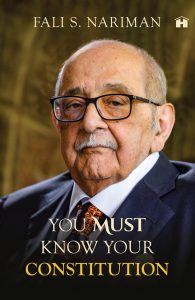
26 November 1949 marks the date when the longest constitution in the world was formally adopted to guide the largest democracy in the world. It effectively transformed the British Dominion of India into one nation—the independent Republic of India. The supreme law of the land set forth the workings of Indian democracy and polity, and its provisions aimed to secure justice, liberty, equality, and fraternity for the people of India. As drafted and as conceived, the constitution makes provision for a functioning democracy and not an electoral autocracy, and this is how it has to be worked. It is therefore imperative for all citizens to familiarise themselves with its provisions.







